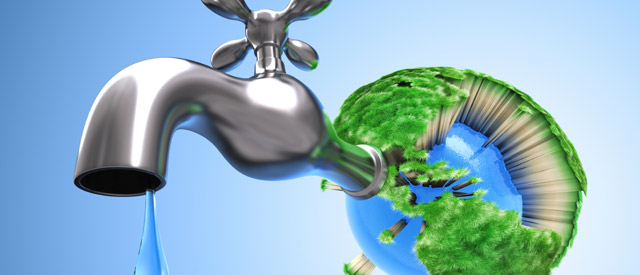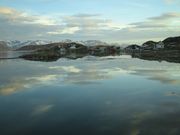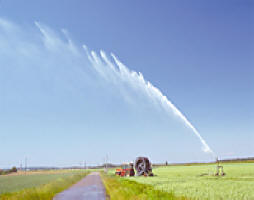 Digitalisation in the water sector recommendations for policy developments at EU Level
Digitalisation in the water sector recommendations for policy developments at EU Level
This policy brief provides an overview of current gaps in the EU legislative framework that hinder the realization of the benefits of digitalisation in the water sector and offers concrete recommendations on how to overcome them. It builds on the findings of five Horizon 2020 projects that address different aspects of digitalisation in the water sector and jointly form the DigitalWater2020 (DW2020) synergy group: digital-water.city, ScoreWater, Fiware4Water, NAIADES and aqua3s. All five projects are the active members of the ICT4Water cluster. This policy brief highlights that digital solutions and innovations are needed to ensure sustainable and cost-efficient water management that can tackle challenges such as climate change, pollution and depletion of water resources and cyber threats. Currently, digital solutions are not sufficiently integrated into EU water policies. EU policies are missing a coherent terminology and clear definitions of digitalisation in the water sector. At the same time, they have different targets and different target audiences. As a result, users of water services and even providers of digital services in the water sector often either do not know or do not understand the relevant water policies. Another hindering factor for the full use of the potential of digitalisation in the water sector is the lack of technology guidance and standards for monitoring. Currently, EU and municipal policy makers must make fundamental decisions on future investments in the water sector. These decisions should be guided by EU policies that enable the Twin Transition (digital and green transition) in the EU water sector, making the EU a sustainable and climate-proof industry leader. As Next Generation Internet Technology (NGI) becomes more affordable (e.g. IoT, Blockchain, augmented reality, etc), different use cases in the water sector need to be better understood and adopted. EU policies should better harness the potential of digital solutions. Common shortcomings are related to digital infrastructure and security, integration, standardisation, data sharing, and public involvement. Policy makers must recognise the importance of digitalising the water sector to dramatically advance the management of water. New digital solutions may improve the transparency and efficiency of decision-making within Integrated Water Resources Management. Digital data can make policies more tangible, understandable, and widely accepted.
| Creator | n/a |
|---|---|
| Type of document | WorkingPaper |
| Rights | Public |
| File link |
https://op.europa.eu/en/publication-detail/-/publication/6eb837b2-54df-11ed-92ed-01aa75ed71a1 |
| Source of information | op.europa.eu |
| Subject(s) | ANALYSIS AND TESTS , DRINKING WATER , DRINKING WATER AND SANITATION : COMMON PROCESSES OF PURIFICATION AND TREATMENT , WATER DEMAND |
| Geographical coverage | n/a |
 you are not logged in
you are not logged in





